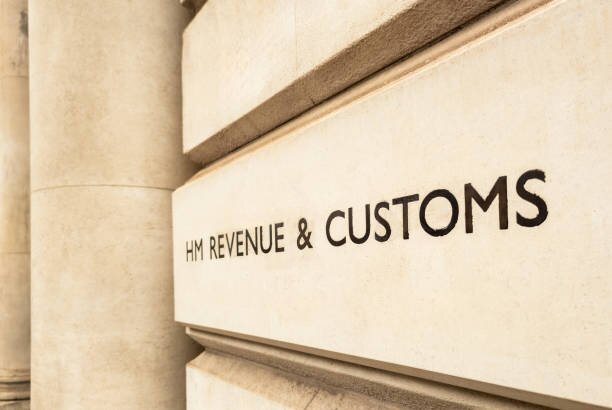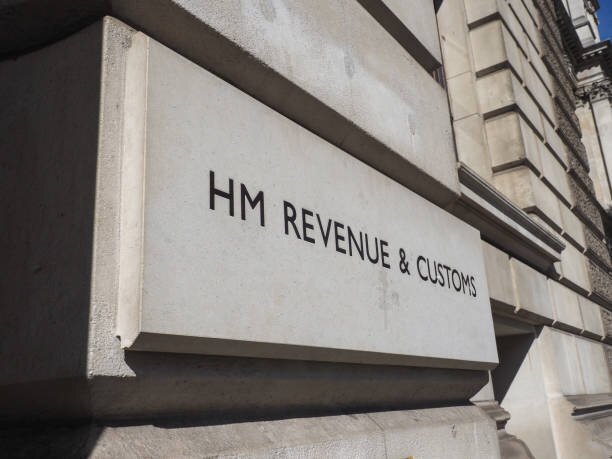HMRC under fire over unanswered calls and £46.8bn tax gap
HM Revenue and Customs (HMRC) is facing sharp criticism after it admitted that millions of phone calls go unanswered every year, while almost £47bn in tax liabilities remain unpaid. The scale of the failures has alarmed MPs and business leaders, who warn that small firms in particular are left stranded by poor service.
With Chancellor Rachel Reeves preparing her 26 November 2025 Budget, critics argue that inefficiencies at HMRC mean billions are being lost which could otherwise help plug the public finances, potentially reducing the need for further tax rises.
Billions lost to the Treasury
According to official figures, the tax gap for 2023/24 was £46.8bn, equivalent to 5.3% of all tax liabilities. A significant portion is linked to small businesses, which struggle with compliance under complex rules. For corporation tax specifically, HMRC estimates that 40.1% of the small business tax liability went uncollected last year.
The shortfall is not only a hit to Treasury revenues but also undermines public trust in the system. Tax experts warn that honest businesses and households could face higher tax bills if HMRC cannot secure money already owed. The sizeable tax gap highlights the challenges faced by small businesses in navigating complex tax rules. Many struggle to understand allowable deductions and compliance requirements. Our detailed resource on common tax deductions and reliefs can help small businesses identify savings and stay compliant amid HMRC’s evolving demands.
Four million calls unanswered
The problem is compounded by poor customer service. HMRC officials acknowledged that up to four million calls go unanswered annually. Small business owners often call to resolve issues or settle payments, but many are left in limbo.
The Treasury funds HMRC to answer 85% of calls, but in practice, performance has fallen short. While some internal estimates suggested call handling was at 83%, more recent figures indicate it could be as low as 66% leaving one in three callers unable to get through.
MPs raise alarm over failures
Parliamentary committees have repeatedly pressed HMRC on its handling of both compliance and customer service. MPs say the sheer volume of unanswered calls reflects deep problems in the system. While specific quotes in circulation vary, the overall message from committee chairs has been clear: too much tax is going uncollected, and too many taxpayers are struggling to get help.
Critics describe the situation as unfair on businesses trying to comply, while allowing billions in unpaid tax to slip through the cracks.

Small businesses disproportionately affected
Small firms have long complained about the burden of compliance. Unlike large corporations with dedicated finance teams, smaller businesses must balance tax obligations alongside running their operations. When support is hard to access, the risks of errors and missed payments rise.
Industry groups say the service gap effectively penalises those who try to play by the rules, while widening the shortfall from those who do not. For small businesses grappling with tax complexity and poor HMRC support, efficient record-keeping and timely payment are vital. Our practical guide to self-employed tax return help offers advice on managing compliance with less stress and fewer errors.
Looming Budget pressures
The timing of these revelations is politically sensitive. With the Autumn Budget set for 26 November, Chancellor Reeves is reported to be weighing potential new taxes on property and inheritance to meet Labour’s fiscal rules.
Critics argue that if HMRC were more effective at collecting the money already owed, the Government could avoid squeezing compliant taxpayers further.
Systemic problems remain
Service failures and uncollected tax have dogged HMRC for years, but the stakes are now higher. With Britain’s public finances under strain, the gap between taxes owed and taxes collected has become a central issue.
Unless HMRC can improve performance, Reeves may face even greater pressure to raise new revenue elsewhere leaving compliant taxpayers to shoulder the burden of inefficiency.

Final Summary
The figures are stark: £46.8bn uncollected tax and up to four million calls unanswered every year. For small businesses, the lack of support adds to already heavy compliance costs. For the Treasury, it represents a hole big enough to force consideration of new taxes.
While HMRC insists digital investment will ease pressure, MPs and industry bodies remain sceptical. Without meaningful reform, the UK risks continuing a cycle where inefficiency punishes rule-following taxpayers and erodes public trust in the system. The magnitude of HMRC’s customer service challenges is clear from official data on call volumes and response rates. Detailed performance reports from HMRC provide a transparent look at ongoing efforts to improve service levels. For the latest official statistics, visit HMRC performance update April to June 2025
As Reeves prepares her November Budget, the challenge is clear: improve HMRC’s performance or risk further tax hikes that could damage confidence and growth.











